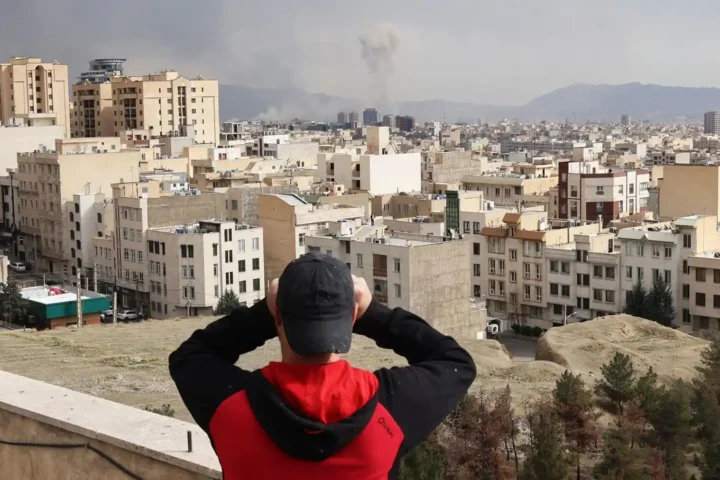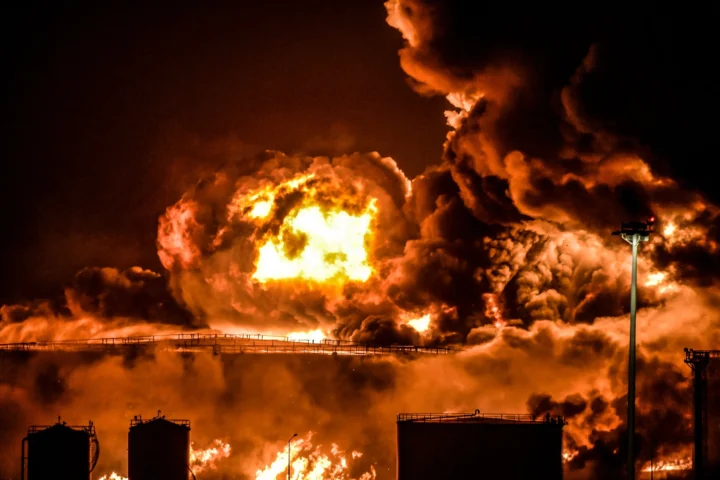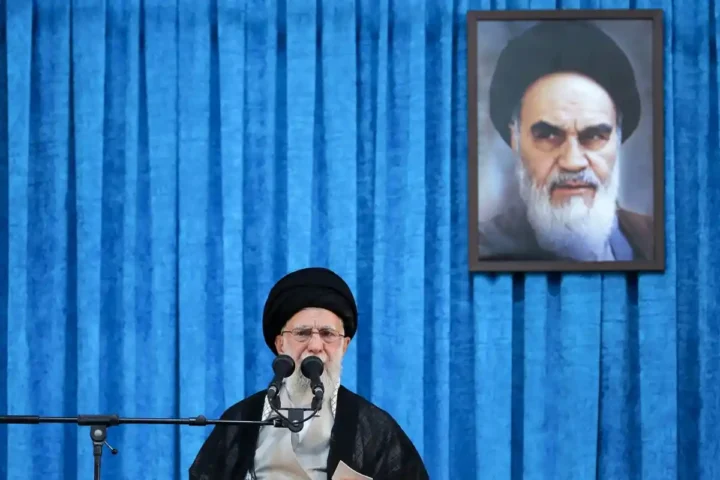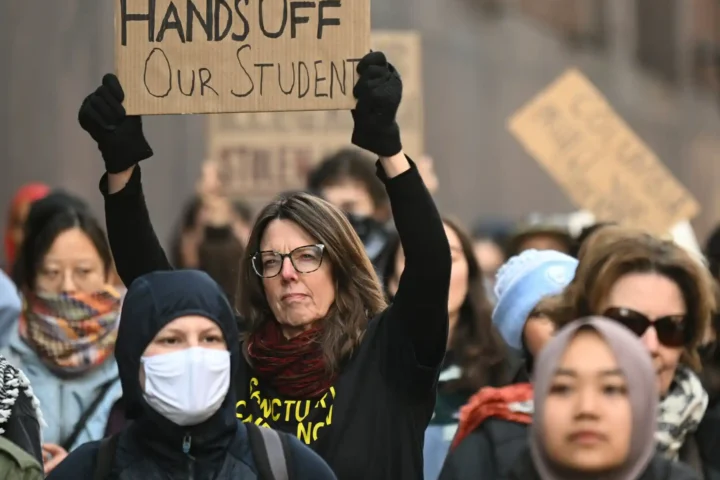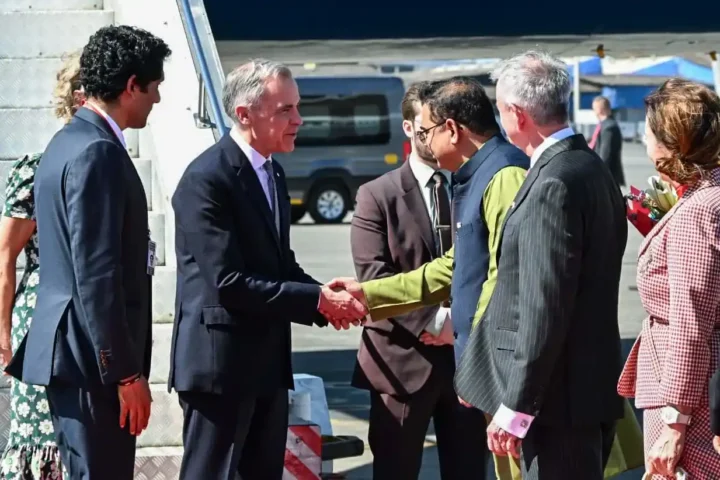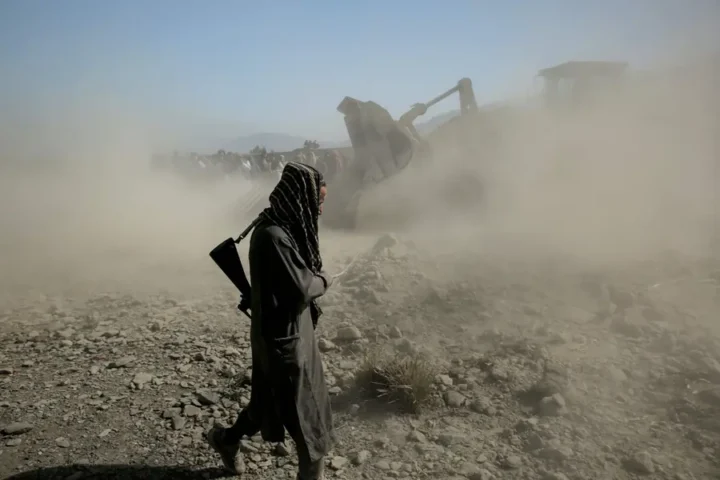Imagine waking up in a world where robots tend your crops, AI analyzes your health in real-time, and renewable energy powers your every move. According to the World Economic Forum’s compelling Future of Jobs Report 2025, this isn’t mere science fiction—it’s our imminent reality.
By 2030, our workforce will experience a seismic shift: 170 million new roles will emerge, even as 92 million vanish into obsolescence. The world, therefore, stands on the cusp of a significant transformation, leaving us with a net gain of 78 million jobs. But numbers alone can’t fully capture the heart of this metamorphosis.
The rising tide of technological advancement—particularly generative AI—is rapidly reshaping industries, business models, and, crucially, job skills. Automation and robotics might signal the end for traditional clerical positions like cashiers, data entry clerks, and bank tellers. But, concurrently, an explosion of opportunities awaits in frontline work, caregiving, renewable energy, and high-tech roles such as AI specialists and cybersecurity experts.
Yet, amid the shiny promises of automation, a pressing question looms: are workers ready for this new dawn? Nearly half of our current skillsets are poised to change significantly within the next five years, demanding rapid adaptation and learning. Human skills—creativity, leadership, resilience—will become indispensable companions to tech-savvy expertise.
This shifting landscape brings both promise and peril. The green transition, essential to combat climate change, opens doors to renewable energy technicians, while aging demographics in wealthier nations spike demand for healthcare professionals. Simultaneously, growing youth populations in developing regions propel opportunities in education. Yet, challenges abound. A substantial skills gap threatens to widen inequality if not urgently addressed, with 63% of employers already sounding alarm bells.
The solution requires a unified response: governments, businesses, and educational institutions must invest fervently in reskilling and upskilling initiatives. Building accessible pathways into high-growth sectors is no longer optional—it is critical. Equally vital is maintaining a human-centered approach to technological advancement, ensuring no worker is left behind in this revolution.
As we navigate these profound changes, our collective action today will define the workforce of tomorrow. Let’s boldly harness the winds of change, transforming challenge into opportunity, to create not just jobs—but meaningful work, equitable futures, and resilient communities. The future of jobs is not predetermined—it’s ours to shape.



